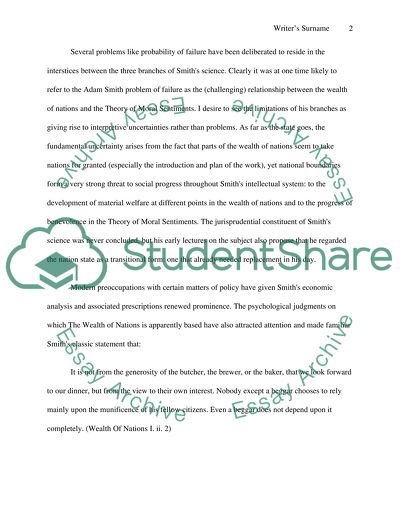Cite this document
(“The argument in The Wealth of Nations by Adam Smith depends on the Essay”, n.d.)
The argument in The Wealth of Nations by Adam Smith depends on the Essay. Retrieved from https://studentshare.org/miscellaneous/1515980-the-argument-in-the-wealth-of-nations-by-adam-smith-depends-on-the-possibility-of-failure-why-is-this-so-what-implications-does-this-have
The argument in The Wealth of Nations by Adam Smith depends on the Essay. Retrieved from https://studentshare.org/miscellaneous/1515980-the-argument-in-the-wealth-of-nations-by-adam-smith-depends-on-the-possibility-of-failure-why-is-this-so-what-implications-does-this-have
(The Argument in The Wealth of Nations by Adam Smith Depends on the Essay)
The Argument in The Wealth of Nations by Adam Smith Depends on the Essay. https://studentshare.org/miscellaneous/1515980-the-argument-in-the-wealth-of-nations-by-adam-smith-depends-on-the-possibility-of-failure-why-is-this-so-what-implications-does-this-have.
The Argument in The Wealth of Nations by Adam Smith Depends on the Essay. https://studentshare.org/miscellaneous/1515980-the-argument-in-the-wealth-of-nations-by-adam-smith-depends-on-the-possibility-of-failure-why-is-this-so-what-implications-does-this-have.
“The Argument in The Wealth of Nations by Adam Smith Depends on the Essay”, n.d. https://studentshare.org/miscellaneous/1515980-the-argument-in-the-wealth-of-nations-by-adam-smith-depends-on-the-possibility-of-failure-why-is-this-so-what-implications-does-this-have.


